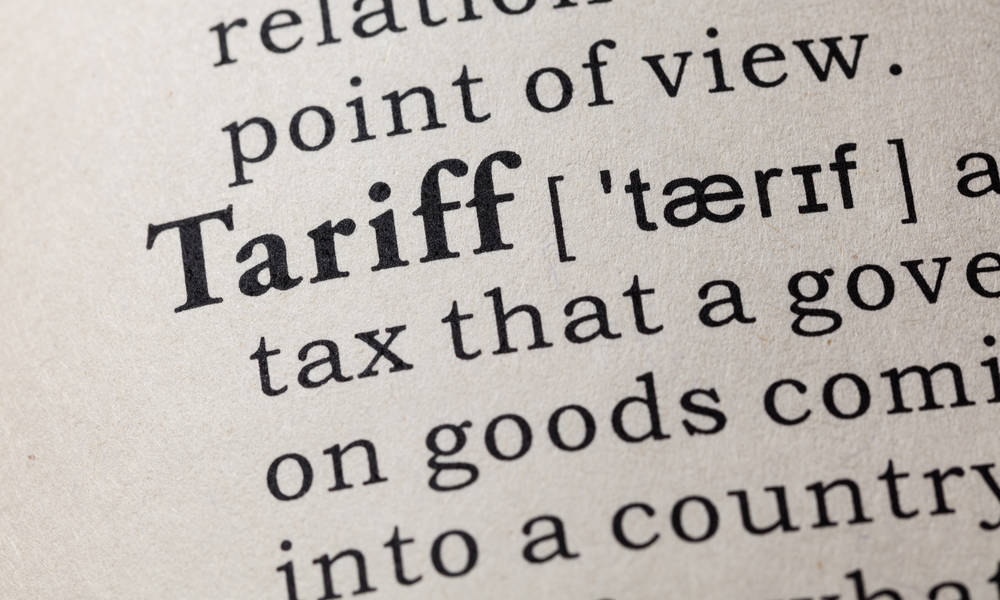
Anti-Tariff Coalitions Join Forces With Wide-Scale Campaign
Tariffs Hurt the Heartland will bring together more than 80 trade associations and two separate coalitions opposed to tariffs in a coordinated response to the Trump administration’s trade policy.
A wide range of industry sectors are joining forces in the ongoing battle against tariffs.
The new Tariffs Hurt the Heartland initiative, announced Wednesday, represents a partnership between two coalitions of industry groups with deep interest in the issue—Farmers for Free Trade and Americans for Free Trade. Together, the coalitions represent more than 80 organizations, and they aim to highlight the depth of the challenges posed by the Trump administration’s tough stance on trade.
“While we agree that there are issues that need to be addressed with key trading partners, tariffs are the wrong approach to bring about meaningful change,” a letter to members of the U.S. House of Representatives [PDF], signed by the 86 organizations in the coalition, stated.
In a news release, Matthew Shay, president and CEO of the National Retail Federation, said the business world has serious concerns about the economic impact of tariffs.
“Every sector of the U.S. economy stands to lose in a trade war,” Shay said. “The stakes couldn’t be higher for American families, businesses, farmers, and workers threatened by job losses and higher prices as a result of tit-for-tat tariffs.”
The initiative is documenting real-world examples of those effects, showcased via an interactive map on its website. The campaign will also feature advertising in a variety of media, digital media messaging, and a fact-checking “war room” that will respond to comments on tariff legislation or executive actions, according to USA Today.
The effort reflects a broader increase in lobbying, largely driven by the tariff issue. The Wall Street Journal reported [registration] this week that nearly 450 entities had hired lobbyists focused on trade—almost triple the number registered at the beginning of the year, and four and a half times the total in January 2017, when Trump took office.
“Every trade group is much busier because there’s a lot more activity across all aspects of what trade groups do,” Steve Orava of the law firm King & Spalding told the Journal.
(Devonyu/iStock/Getty Images Plus)






Comments